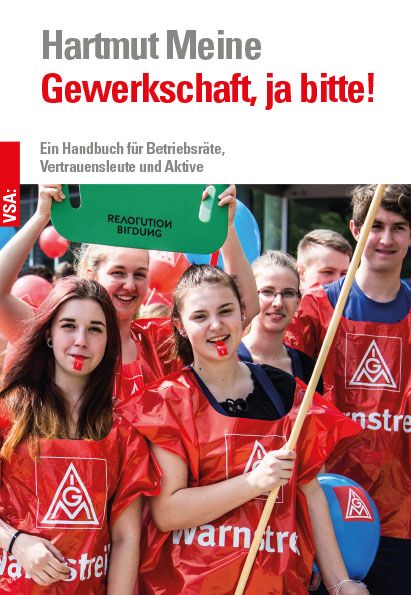This is an interesting project. Here is an exerpt of a newsletter I received with the most important information. More see here: http://suniproject.adapt.it/
„Started in January 2018, the final stage of the SUNI (Smart Unions for New Industry) is now approaching. Thanks to co-funding from the European Commission, three metalworkers’ organisations and four research institutes from Germany, Italy, Spain and Sweden, have teamed up over the past 18 months to deepen the role of trade unions in relation to Industry 4.0 and gain expertise within the union context.“
„Nobody has a crystal ball to look into the digital future and there is no such thing as technological determinism related to digitalisation» (ETUC, 2016). Workers’ representatives are therefore urged to take action to collectively and sustainably shape the future of work.“
„The structure of SUNI is built upon 3 main work streams:
- Preliminary research, which led to
a. the production of 4 national reports on Germany, Italy, Spain and Sweden and 1 comparative report;
b. the organisation of an international meeting in Lulea (Sweden) where presenting the preliminary results of the project to the presence of Swedish stakeholders; - Capacity building, which led to:
a. the organisation and development of 4-day national training courses in Italy, Spain and Sweden with the participation of around 60 people among trade unionists and workers’ representatives;
b. the organisation of a 3-day study trip to Bochum (Germany) where all partners visited the Learning Factory of the Ruhr University of Bochum;
c. the draft of a handbook on “workers’ reps 4.0” in English and its translated versions in German, Italian, Spanish and Swedish; - Dissemination, mainly comprising the creation of a project’s website and Twitter account and the organisation of a Final conference in Brussels (Belgium).
This infographic is intended to sum up the main results of this project.“





